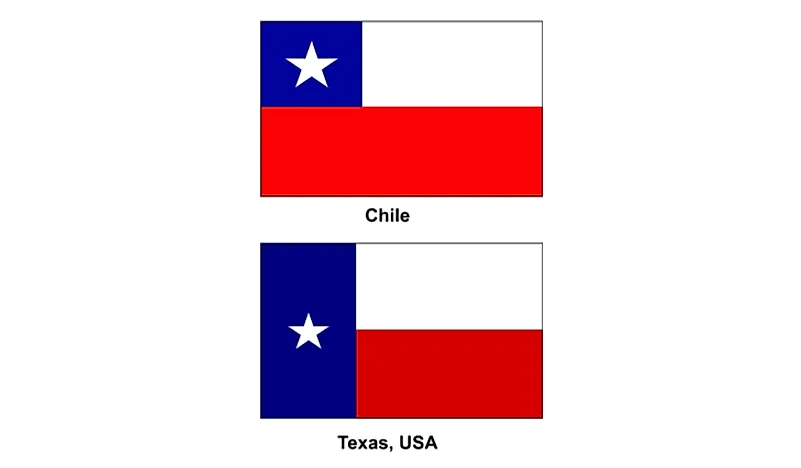The political system of Nigeria is modelled after that of the United States with elements of the Westminster System of legislature and government added. The 1999 Constitution of Nigeria laid the foundation for the post-military rule era, known as the Nigerian Fourth Republic. Nigeria faces security and development challenges that have seen a former military dictator return to power.
Elections in Nigeria for the presidency and the parliament (House and Senate) have taken place every four years since the end of military rule in 1999. In order to win the presidency, a candidate must receive over 50% of the national vote and 25% of the vote in at least two-thirds of the states of Nigeria. If this is not achieved, a run-off election takes place. The House of Representatives are elected in single-member constituencies and the Senate is elected from 36 three-member constituencies that are based on the states of Nigeria.
The bicameral parliament of Nigeria, known as the National Assembly, is located in Abuja in the Three Arms Zone. The Nigerian Senate consists of 109 members and holds constitutional power to make and amend laws. The President of Nigeria is directly responsible for guiding and regulating the functions of the Senate. The House of Representatives has 360 members from single-seat electorates and the Speaker of the Nigerian House of Representatives presides over this lower house of parliament.
Major political parties of Nigeria include the All Democratic Peoples Movement, the Alliance for Democracy, the Labour Party, and the New Democrats. Nigeria has a multiparty system.
This page was last modified on May 1st, 2018
More on Graphicmaps

Published on 2019-11-06
What is a Trade Embargo?

Published on 2019-11-04
Which Two Countries Used to Have the Same Flag?

Published on 2019-09-16
What Is the Only Two-Sided State Flag?

Published on 2019-09-16
Which Country Flag Looks Like the Texas Flag?

Published on 2019-08-29
Flags That Resemble the US Flag

Published on 2019-08-20
